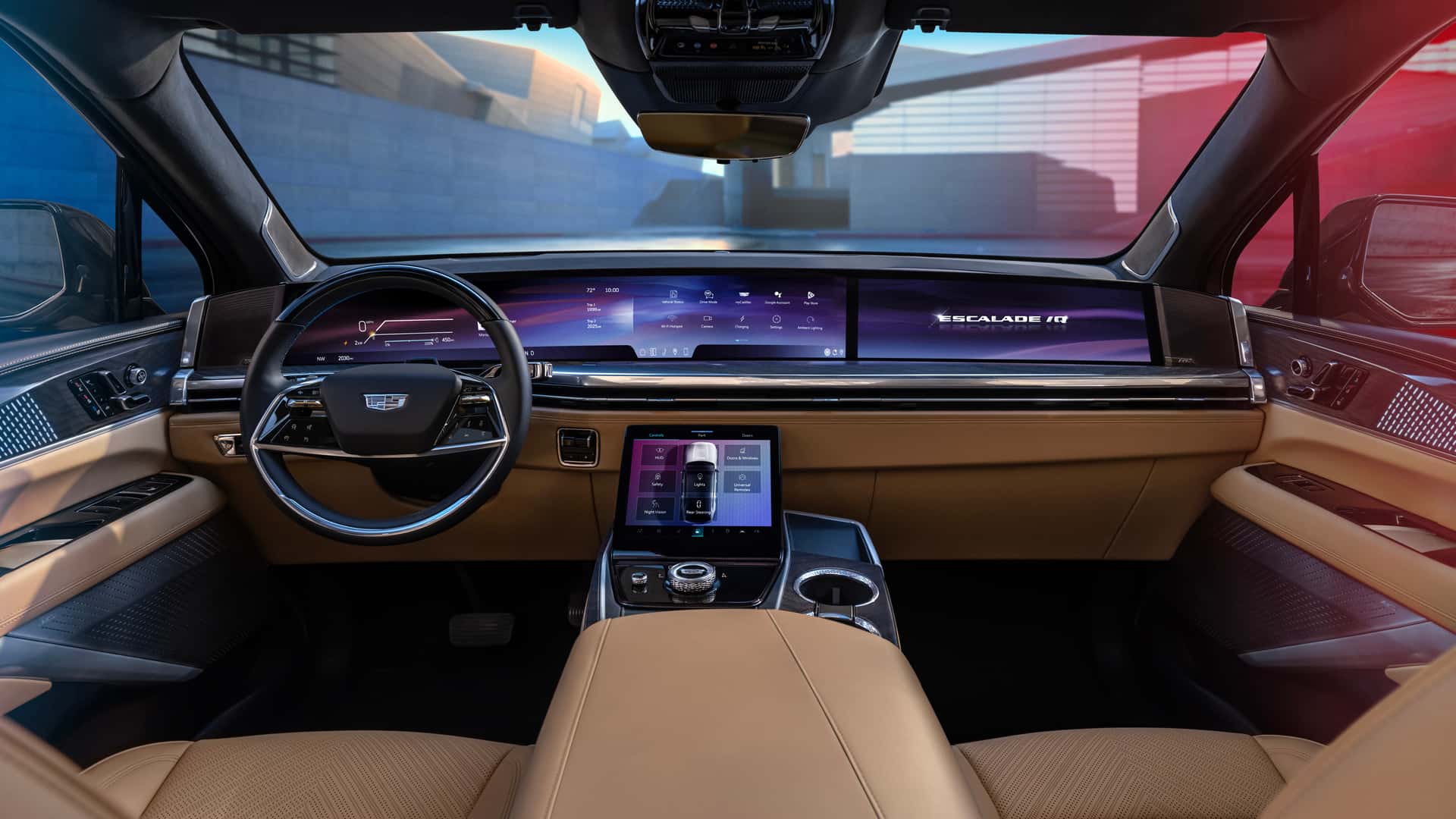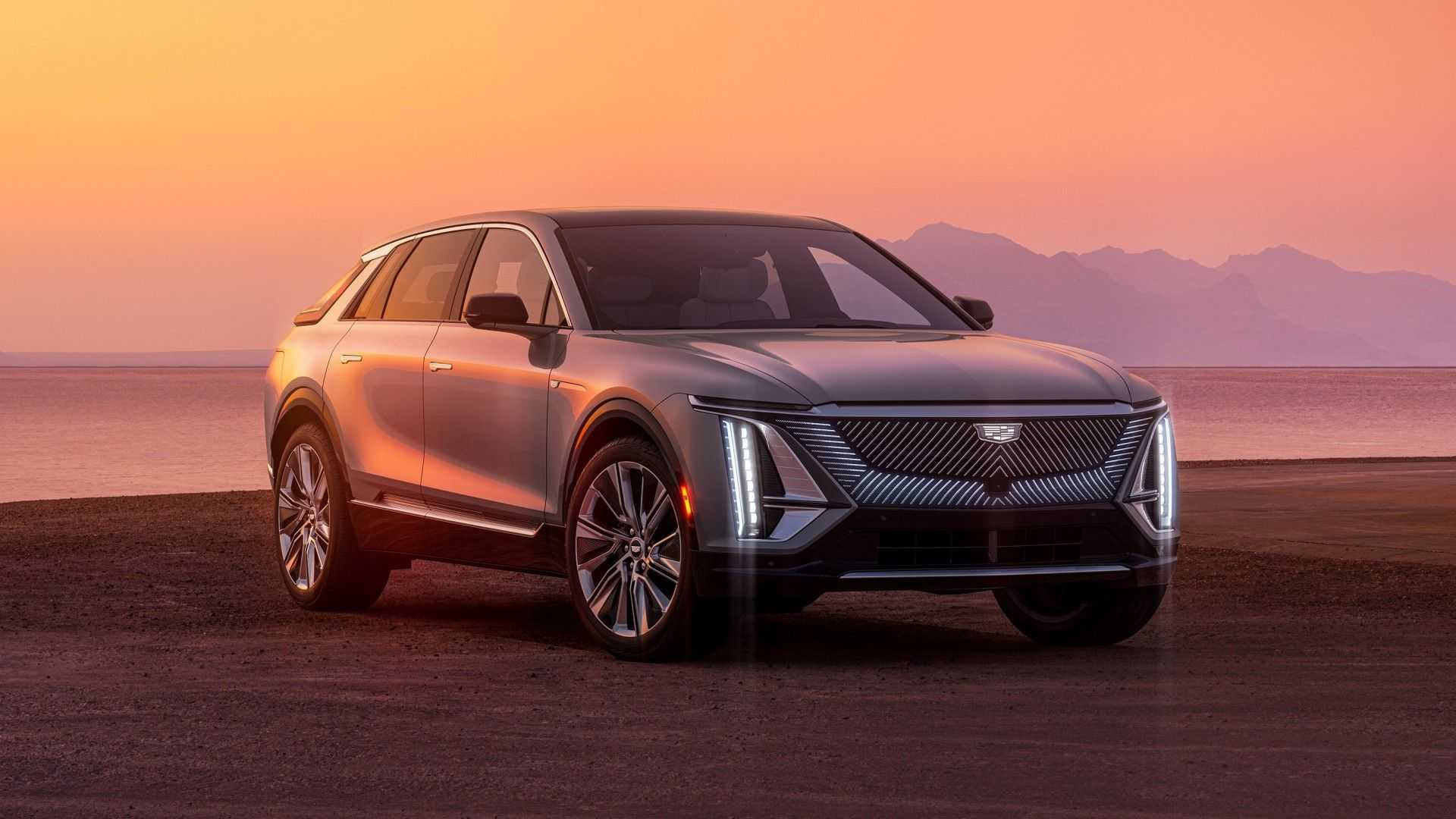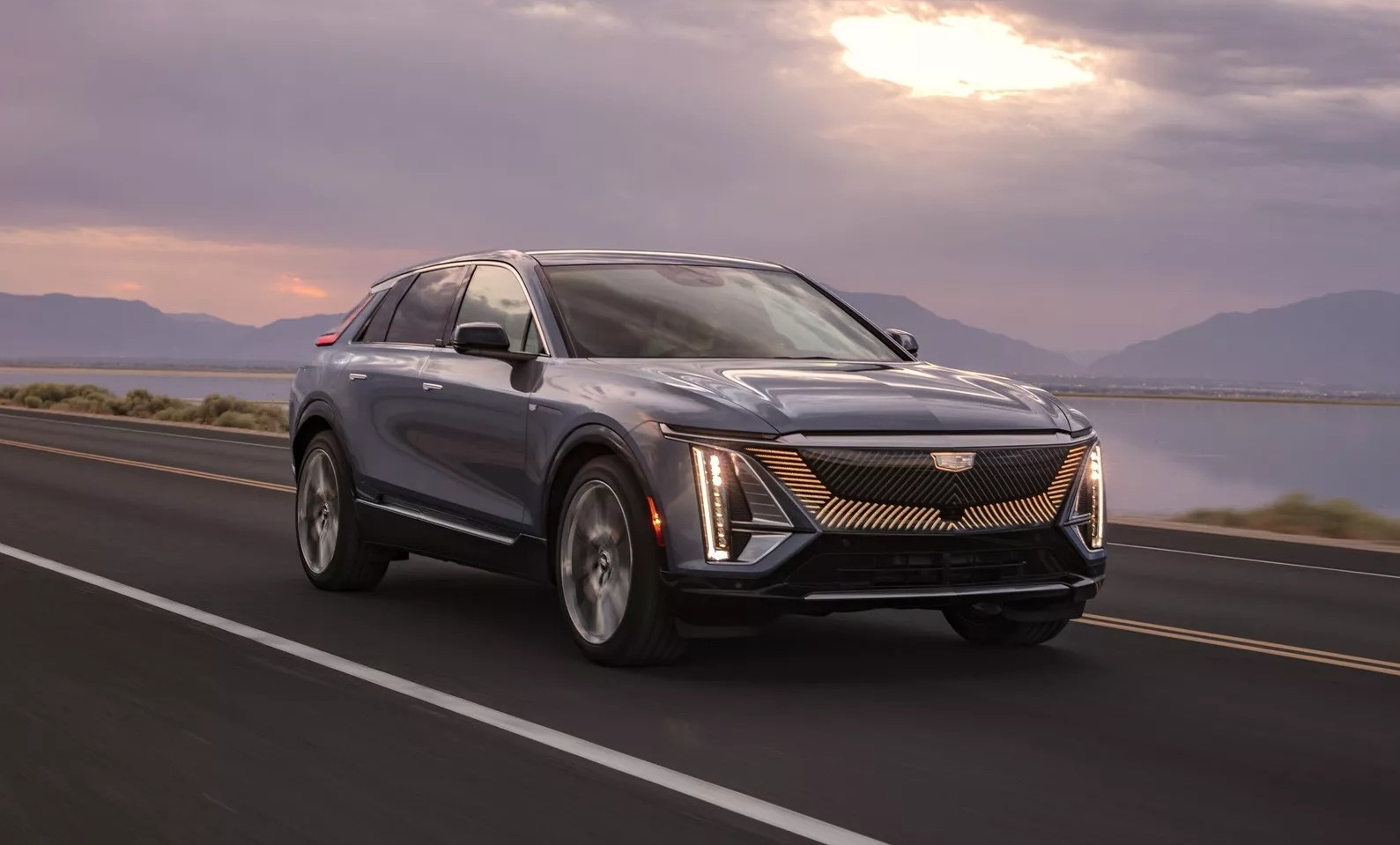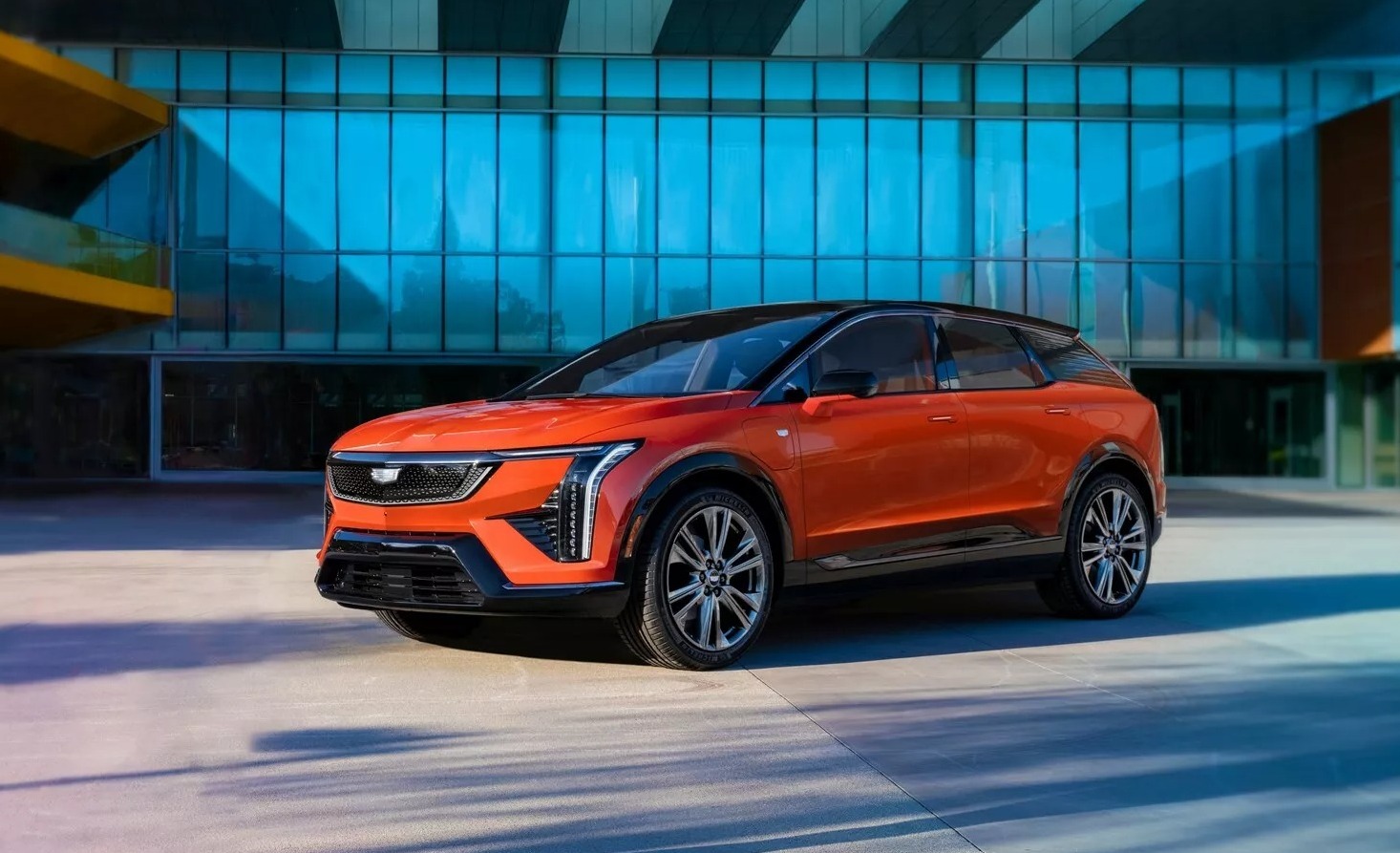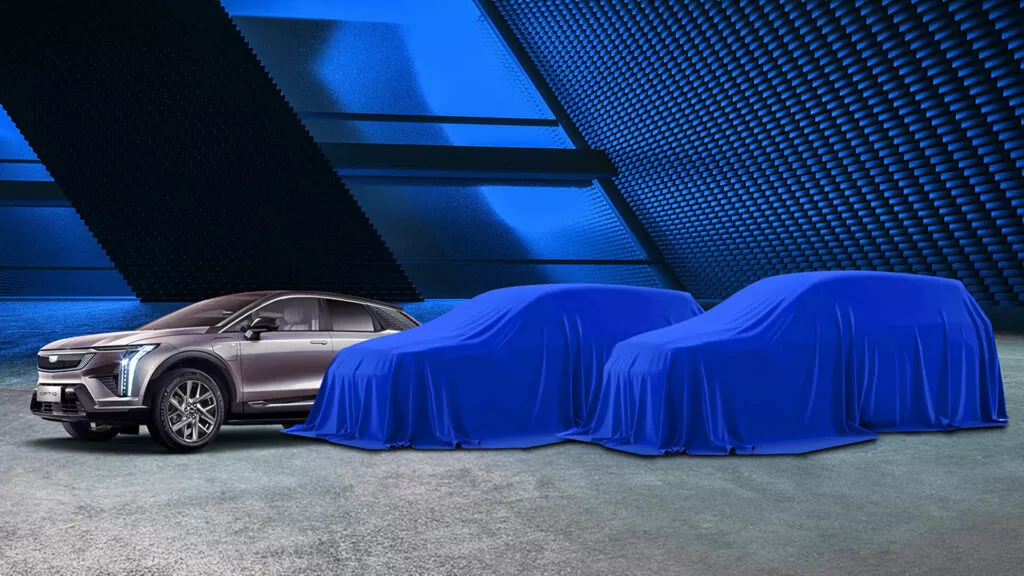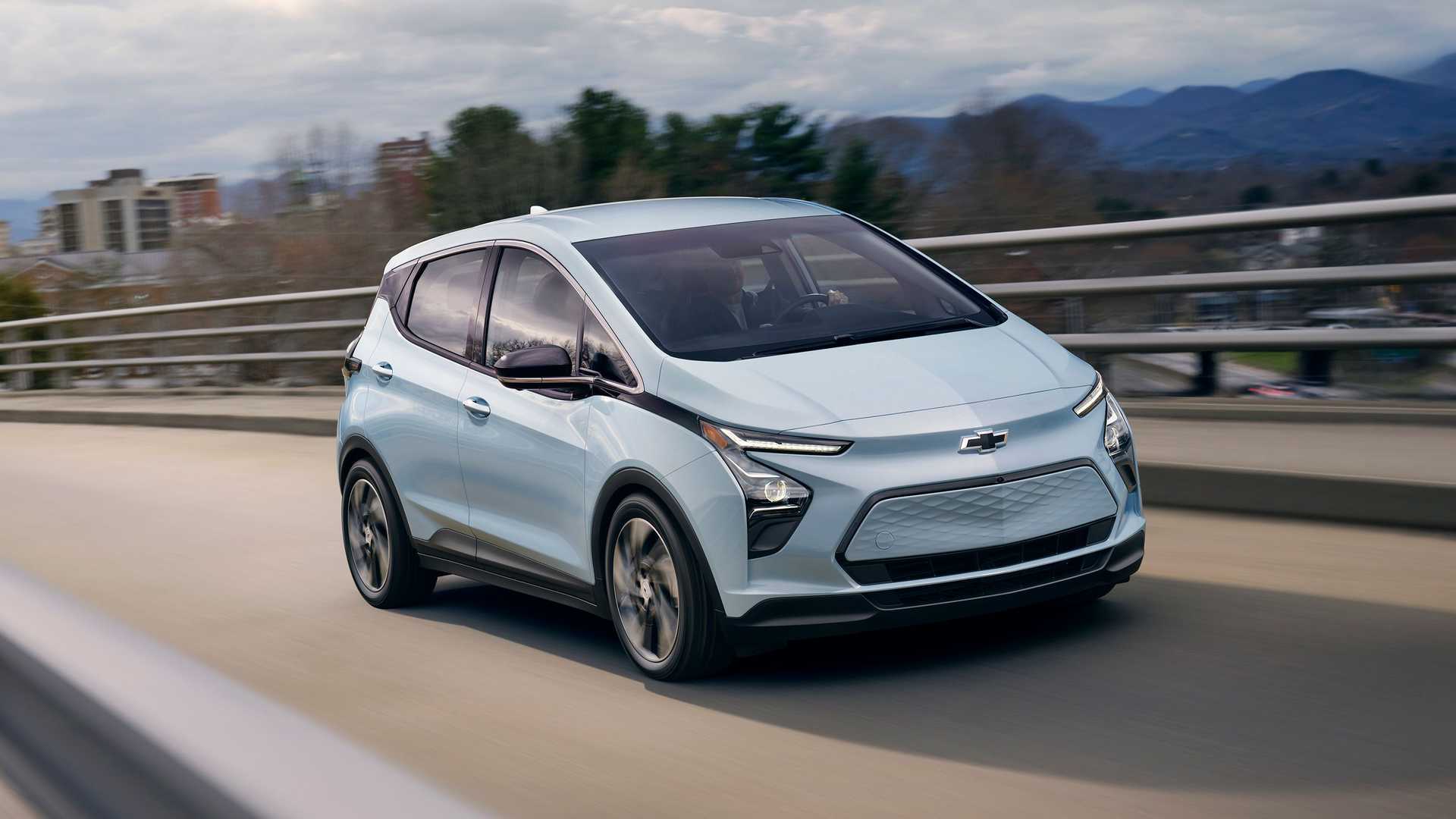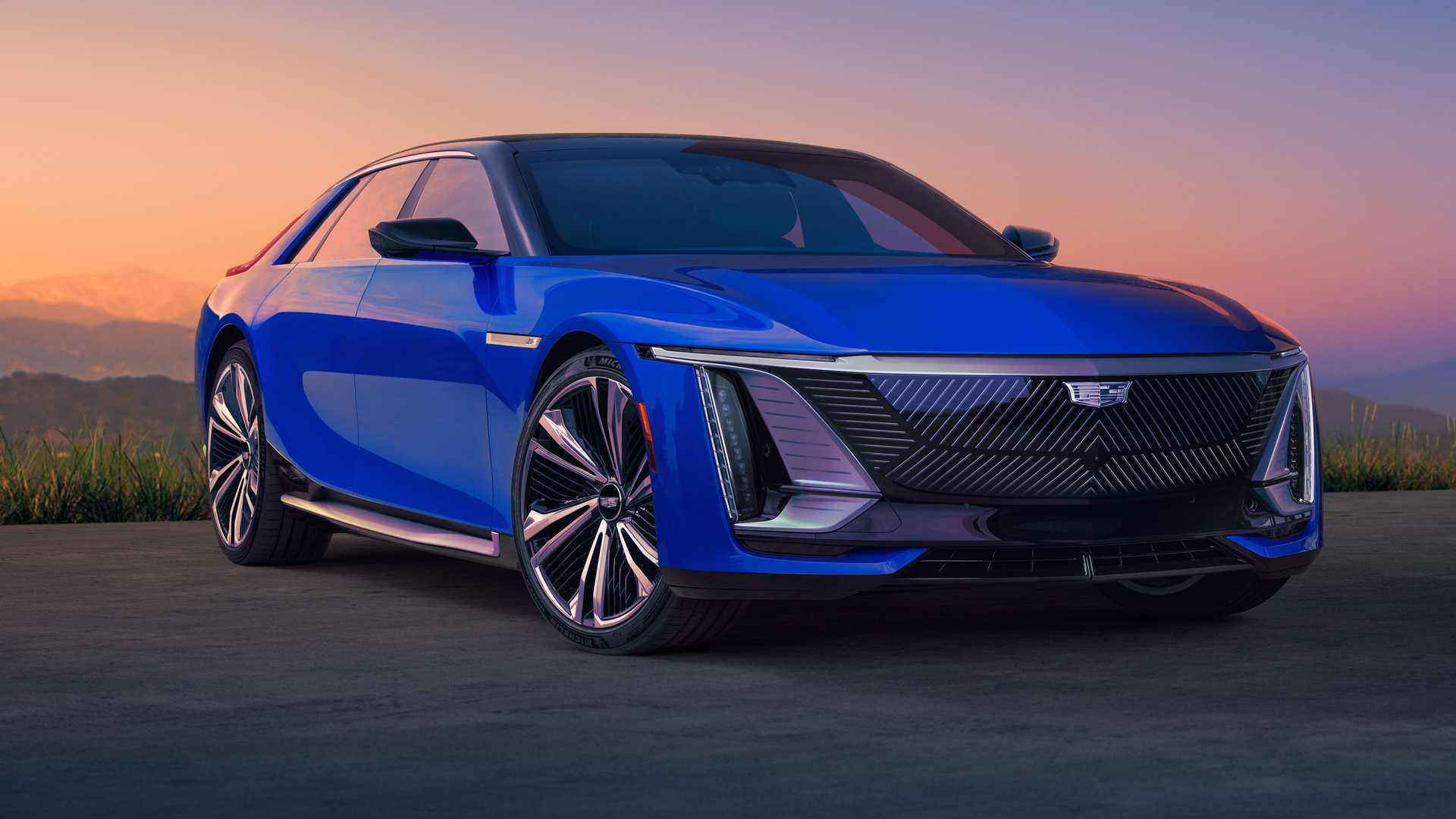In a move that has sparked both anticipation and controversy, General Motors (GM) is gearing up to introduce the highly anticipated Cadillac Escalade IQ, an all-electric luxury SUV, onto the market. The Escalade IQ, built upon GM’s cutting-edge Ultium platform, has been the subject of keen interest due to its innovative features and advanced technology. However, one conspicuous absence from its offerings has raised eyebrows: the omission of both Apple CarPlay and Android Auto compatibility.
Scheduled for release in the summer of 2024, the Cadillac Escalade IQ is poised to make a substantial impact in the luxury electric vehicle segment. Sporting a remarkable 55-inch display screen that dominates the dashboard, the SUV boasts a modernity that mirrors its electrified powertrain. Underneath its sleek exterior lies a potent combination of two electric motors propelled by an impressive battery pack, reflecting GM’s commitment to harnessing the potential of electric propulsion.
See also: Electric 2025 Cadillac Escalade IQ Debuts With 450-Mile Range, 750 HP, Starting at Around $130,000
Yet, the absence of Apple CarPlay and Android Auto compatibility has become a focal point of discussion. GM’s decision, announced in March 2023, to exclude these widely popular smartphone integration systems from its future electric vehicles (EVs) has not been without its critics. The automaker’s rationale, however, rests on the grounds of technical complexity and its steadfast belief that its proprietary in-house interface, Ultifi, is better suited to the demands of its evolving EV technology.
Edward Kummer, GM’s Chief Digital Officer, defended the decision, stating, “As we scale our EVs and launch our Ultifi software platform, we can do more than ever before with in-vehicle technologies and over-the-air updates. All of this is allowing us to constantly improve the customer experience we can offer across our brands.”
Nonetheless, GM’s decision has sparked a mix of opinions. Feedback from Insideevs readers, for instance, has been vocal in expressing reservations about the move. Comments on news posts have ranged from concerns over customer alienation to outright opposition to the decision. Even fellow automakers have joined the conversation, with thinly veiled criticisms being directed at GM’s stance. Ford CEO Jim Farley, for instance, highlighted that a significant portion of Ford’s customers rely on Apple CarPlay and Android Auto for their in-car experience.
See also: Everything You should know about Apple CarPlay & Android Auto
Remarkably, GM’s decision to exclude these smartphone integration systems is, for now, limited to its EV lineup. A GM spokesperson clarified that advanced driver-assist systems in both EV and internal combustion engine (ICE) models will remain consistent in functionality. Despite the absence of Apple CarPlay and Android Auto compatibility, users will still be able to link their smartphones to the vehicle for essential functions such as calls, messaging, and music playback.
With a starting price projected to be around $130,000, the Cadillac Escalade IQ is positioning itself as a luxury contender in the burgeoning electric SUV market. As production ramps up and its launch date approaches, more comprehensive details about the vehicle’s tech systems and user interface are expected to emerge.

